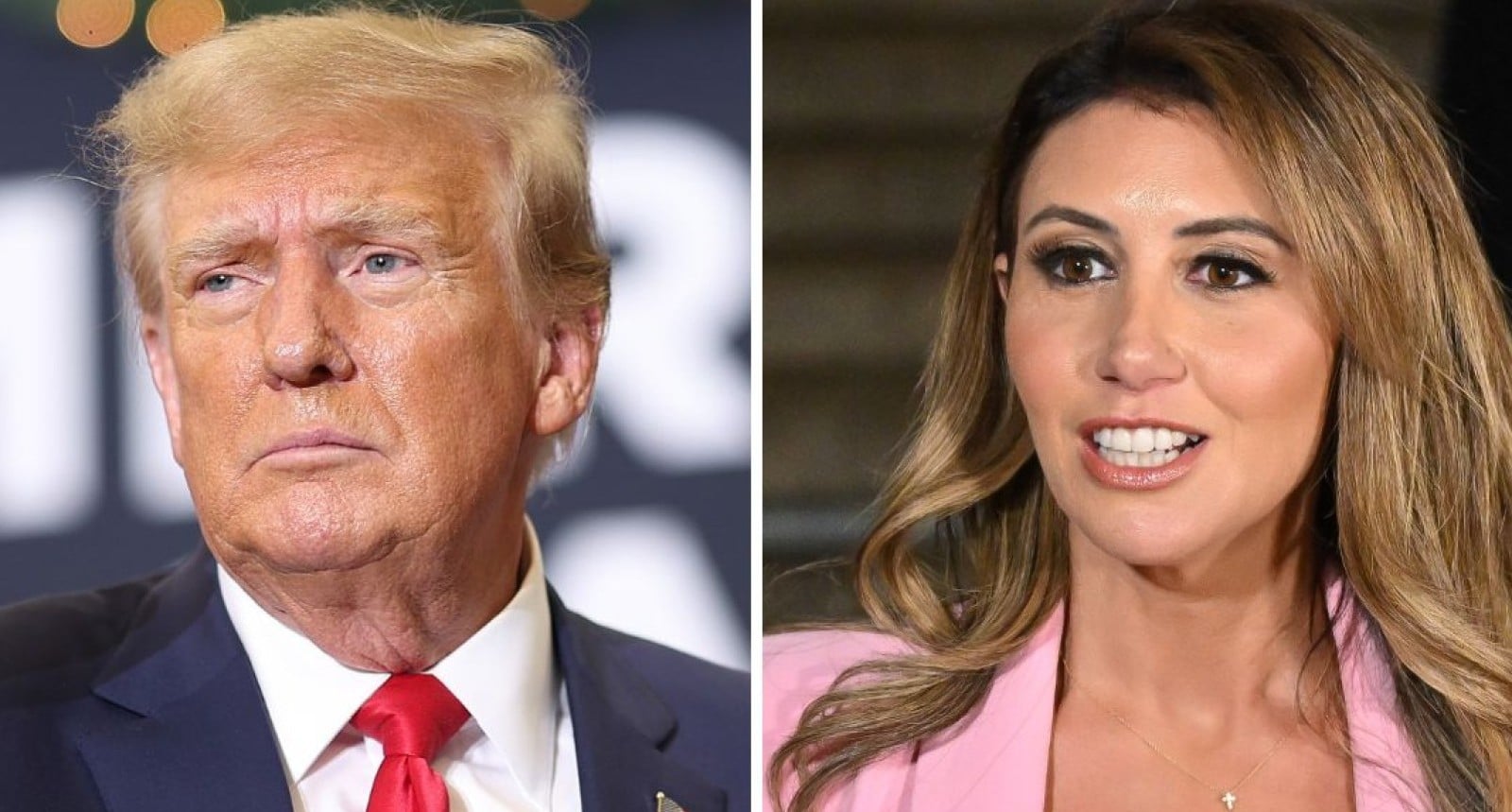OPINION: This article may contain commentary which reflects the author's opinion.
Trump attorney and spokeswoman Alina Habba fired back at a column by a legal authority that claimed her client’s appeal of a massive and uncharacteristic fine levied by a New York judge in a civil fraud trial earlier this month won’t fully succeed.
Writing in the National Review, former federal prosecutor Andrew McCarthy wrote that he expected that the $355 million fine would likely be reduced, but that would be it as far as an appeal goes.
“To my mind, it is unlikely that Trump’s appeal will result in a clean win for either side,” he wrote in the Feb. 20 article.
“I anticipate that he will get material relief in terms of the dollar amount, but I wouldn’t hold my breath on the rest of the penalties. And those penalties matter, a lot,” he added.
That said, McCarthy also wrote that he thought the case was “nakedly partisan” and that he hoped it would be “overturned on appeal.”
McCarthy’s viewpoint was relayed to Habba by Fox News host Martha MacCallum during a show segment on Thursday, to which Habba responded that she would “welcome him to be part of the legal team if he knows the case better than the team that tried it for 11 weeks.”
“I’ve been on this case for the better of three years, and I can tell you right now there are truly no facts that support any of these decisions, and that, again, I can say will be made very clear in our appeal,” Habba argued.
Newsweek reported that, as of Friday, Trump’s appeal had not yet been filed. But his attorney, Chris Kise, told the outlet that the appeal would be filed within the 30-day timeframe.
The case “raises serious legal and constitutional questions regarding ‘fraud’ claims/findings without any actual fraud,” Kise said.
According to Trump’s lawyers, the former president has not been able to obtain the $464 million appeal bond he requires in response to a civil fraud judgment against him in New York, Fox News noted.
His attorneys stated in a court document on Monday that getting one is a “practical impossibility under the circumstances presented.”
A New York Appeals Court judge rejected Trump’s request in late February to postpone paying the $464 million that he owed as a result of Attorney General Letitia James’ lawsuit. However, the judge did grant Trump’s request to temporarily continue operating his business with his sons while the appeals process is ongoing.
Earlier that month, Trump and his sons Eric and Donald Trump Jr. were prohibited from conducting business in New York for a period of two to three years. In the civil fraud case that James filed against Trump, his family, and the Trump Organization, Trump was also found liable for damages totaling hundreds of millions of dollars.
The filing Monday says “ongoing diligent efforts have proven that a bond in the judgment’s full amount is ‘a practical impossibility.’”
“These diligent efforts have included approaching about 30 surety companies through 4 separate brokers,” the filing says. “A bond requirement of this enormous magnitude – effectively requiring cash reserves approaching $1 billion … is unprecedented for a private company.”
It also says that “waiving the bond requirement will impose no cognizable harm on the Attorney General. The case involves no actual victims and no award of restitution, and she is fully protected by Defendants’ real-estate holdings. This factor alone warrants a stay.”
“The Court should stay the judgment pending appeal, and put the brakes on the Attorney General’s overzealous litigation crusade,” Trump’s lawyers also argued. “If oral argument would assist the Court in coming to that conclusion, we respectfully request an opportunity for such a hearing.”
His attorneys also said, “The practical impossibility of obtaining a bond interferes with Defendants’ right to appeal and threatens this Court’s appellate jurisdiction.”
“The amount of the judgment, with interest, exceeds $464 million, and very few bonding companies will consider a bond of anything approaching that magnitude,” they added. “The remaining handful will not “accept hard assets such as real estate as collateral,” but “will only accept cash or cash equivalents (such as marketable securities).”
